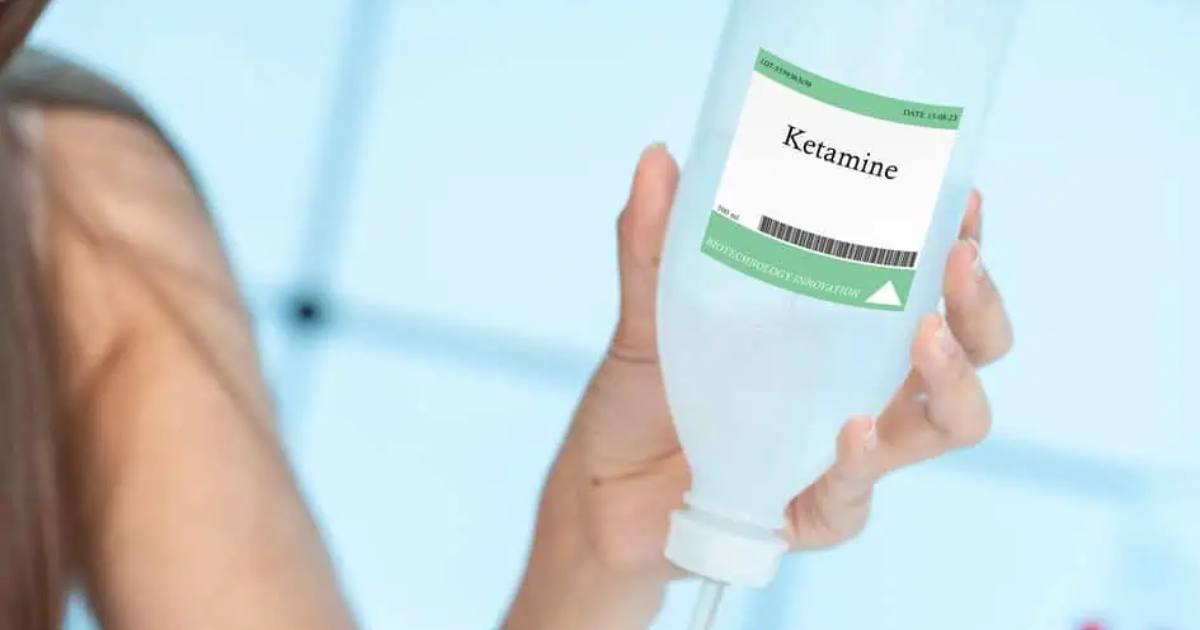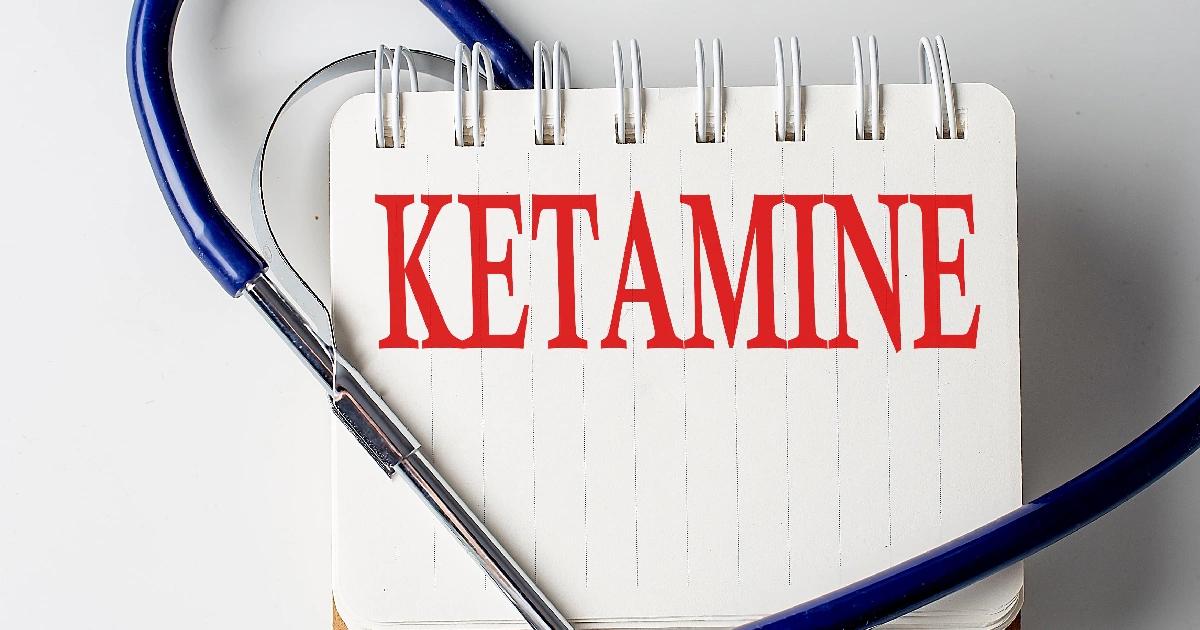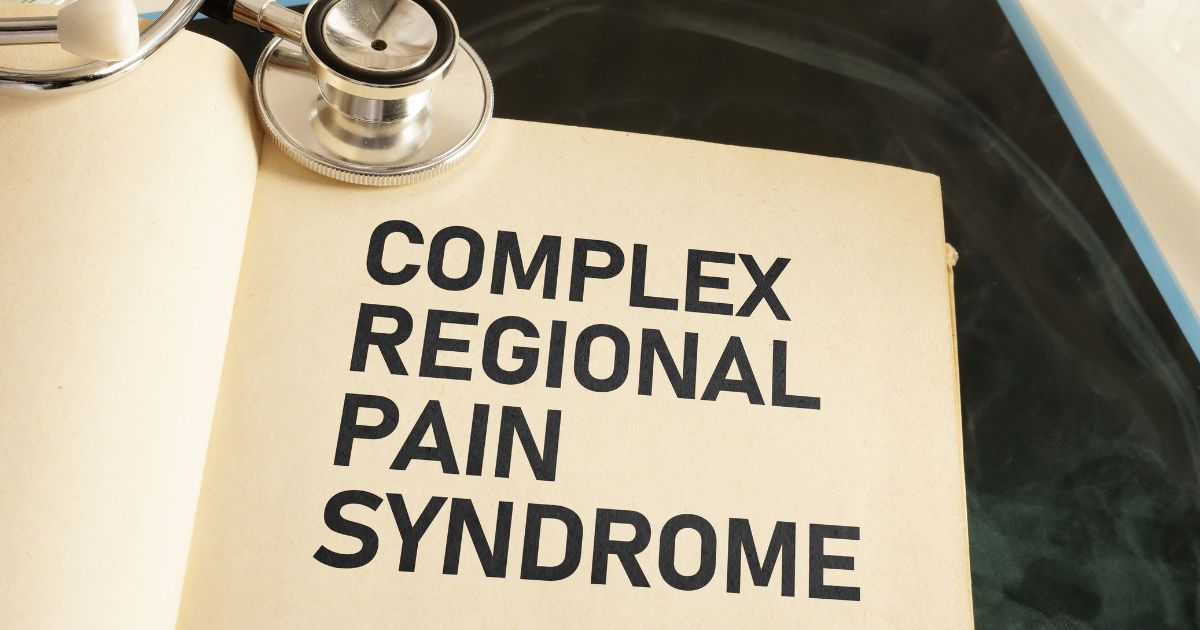Table of Contents
Post-Traumatic Stress Disorder (PTSD) affects millions of Americans each year, often leading to symptoms that interfere with daily life. While traditional therapies can offer some relief, many individuals do not experience lasting improvements. This has led to a growing interest in alternative treatment methods, including Ketamine, which has shown promise in addressing the root causes of trauma-related conditions.
Ketamine was initially developed as an anesthetic but has gained recognition in recent years for its potential to help individuals with treatment-resistant mental health conditions. At Revive Ketamine Centers, we offer personalized Ketamine Infusion Therapy in a supportive and private environment. This blog will explain how Ketamine works, explore its role in Ketamine for PTSD and Trauma, and answer common questions patients may have. We’ll also highlight what to expect during treatment and why individuals turn to Ketamine Therapy in Buford, GA.
Understanding PTSD and Its Challenges
What Is PTSD?
PTSD is a psychiatric condition that may develop after exposure to a traumatic event, such as combat, assault, natural disasters, or serious accidents. Common symptoms include:
- Flashbacks and nightmares
- Severe anxiety or panic attacks
- Avoidance of reminders of the trauma
- Emotional numbness or detachment
- Difficulty concentrating or sleeping
PTSD is often accompanied by co-occurring conditions like depression, chronic pain, or substance use disorder, making effective treatment even more critical.
How Ketamine Works in the Brain
A Different Approach to Healing
Unlike standard antidepressants that target serotonin or dopamine, Ketamine primarily works on the brain’s glutamate system by blocking NMDA receptors. This action appears to “reset” neural pathways involved in mood regulation, stress response, and memory processing.
This mechanism allows for faster relief of symptoms, often within hours or days, which is particularly beneficial for patients dealing with persistent PTSD. By enhancing brain plasticity, Ketamine Therapy may help the brain rewire itself to support emotional healing.
Why This Matters for PTSD and Trauma
PTSD involves disruptions in normal brain function, including how memories are processed and stored. Ketamine for PTSD and Trauma is showing promise because of its potential to:
- Decrease hyperactivity in brain areas linked to fear
- Promote the formation of new, healthy neural connections.
- Enhance the brain’s ability to “unlearn” harmful responses to trauma.
- Allow patients to process difficult emotions in a more manageable way
These effects can create an optimal window for therapy and long-term recovery.
What Is Ketamine Infusion Therapy?
The Treatment Process at Revive Ketamine Centers
Ketamine Infusion Therapy involves administering low doses of Ketamine intravenously in a safe and controlled medical setting. At Revive Ketamine Centers in Buford, GA, treatments are carefully tailored to each individual’s needs.
Here’s what patients can expect:
- A comprehensive consultation and assessment
- Comfortable, private treatment rooms
- Supervised IV infusions lasting approximately 40–60 minutes
- Ongoing monitoring by trained professionals
- Post-infusion support and care recommendations
Our team focuses on patient comfort and safety throughout the process. Most patients undergo a series of six initial infusions over a two- to three-week period, with maintenance sessions as needed.
Who Can Benefit from Ketamine Therapy?
While each case is unique, Ketamine Therapy may be appropriate for:
- Individuals with treatment-resistant PTSD
- Those who have not found relief through medications or talk therapy
- Patients struggling with depression, anxiety, or chronic pain related to trauma.
- Veterans, first responders, or survivors of abuse
A thorough screening process helps determine whether Ketamine in Buford, GA, is a safe and appropriate option for your situation.
H2: Key Benefits of Ketamine Therapy
Rapid Symptom Relief
One of the main Benefits of Ketamine Therapy is its ability to reduce symptoms quickly. Some individuals report improvement in mood and clarity within hours of their first treatment. This can be life-changing for patients experiencing suicidal thoughts, intense anxiety, or emotional numbness.
Enhancing Psychotherapy Results
Ketamine Infusion Therapy can create a window of emotional openness and neuroplasticity, making it easier for patients to engage in psychotherapy or trauma processing. Many mental health professionals recommend combining Ketamine Therapy with counseling for the best results.
Safe and Non-Addictive When Supervised
Contrary to some misconceptions, Ketamine is safe when administered in a controlled, medical environment. Our professionals follow strict protocols and assess patients carefully before, during, and after treatment, reducing risks and ensuring optimal outcomes.
Improved Functioning and Quality of Life
Patients often report better sleep, reduced anxiety, improved concentration, and a more balanced mood following a course of Ketamine Infusion Therapy. These improvements help individuals return to work, rebuild relationships, and reclaim their lives.
Common Questions About Ketamine in Buford, GA
Is Ketamine FDA-approved for PTSD?
While Ketamine is FDA-approved as an anesthetic, its use for mental health treatment is considered “off-label.” This means it’s used based on scientific evidence and clinical experience, especially for conditions like depression and PTSD. Many major medical institutions support this practice.
How long do the effects last?
The duration of symptom relief can vary. Some people experience lasting results for weeks or months, especially with ongoing maintenance infusions. Combining therapy, healthy lifestyle habits, and regular check-ins can help sustain these benefits.
Are there side effects?
Most side effects are mild and temporary, such as dizziness, nausea, or dissociation (a brief sense of detachment). These are closely monitored, and patients typically return to normal within an hour or two after the session.
Can I drive after a session?
You should not drive after a Ketamine Infusion Therapy session. Arrange for transportation home or bring a trusted support person. Patients usually resume normal activities the following day.
How do I know if I’m a good candidate?
The best way to find out is through a consultation with our team at Revive Ketamine Centers. We assess your medical history, current symptoms, and past treatments to determine if Ketamine Therapy is suitable.
Conclusion
PTSD is a complex condition that requires thoughtful, personalized treatment. For many individuals, traditional therapies alone may not provide the relief they need. That’s where Ketamine can play a transformative role.
By working on unique brain pathways, Ketamine Therapy offers rapid relief and creates space for emotional healing. At Revive Ketamine Centers, we specialize in Ketamine Infusion Therapy, which is tailored to your needs and delivered in a safe, supportive environment.
If you’re ready to explore new solutions for trauma recovery, we invite you to Start Your Journey to Recovery with Ketamine at our center in Buford, GA. Our Team is here to help you rediscover a sense of peace, purpose, and possibility.
Contact Revive Ketamine Centers today to schedule your consultation. Let us help you move forward with confidence, clarity, and care.






